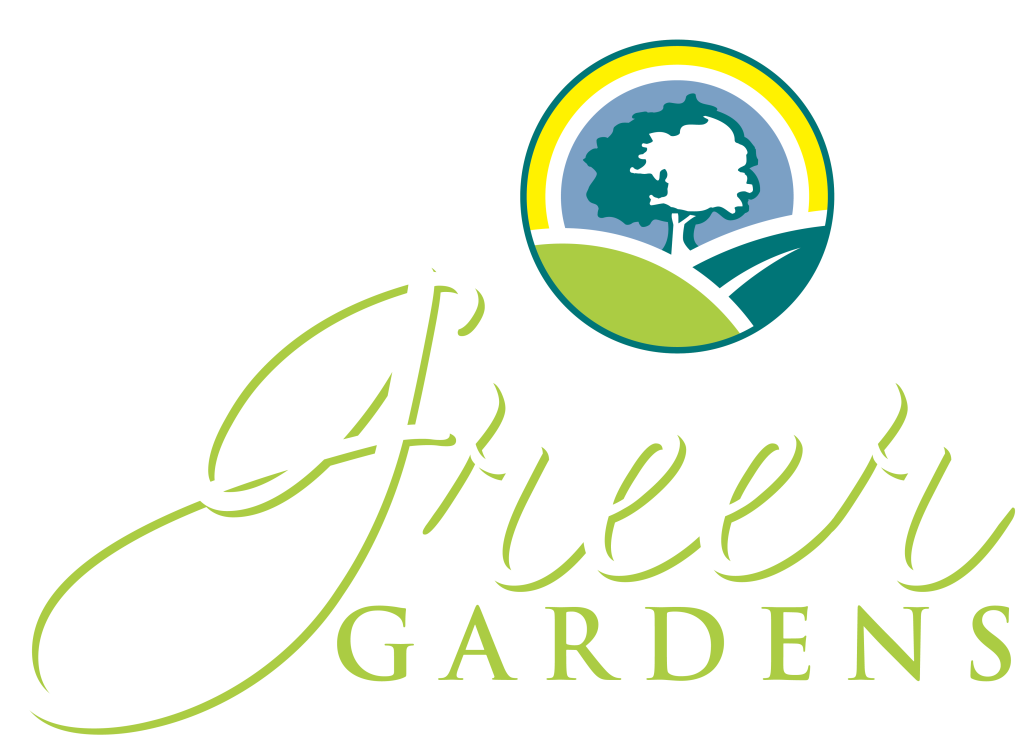Imagine stepping into your backyard and picking fresh citrus fruits, juicy blueberries, sweet blackberries, or flavorful loquats right from the plant. An edible garden not only brings beauty to your landscape but also offers numerous health and lifestyle benefits. Here’s why incorporating edible plants like citrus, blueberries, blackberries, and loquats into your garden is a fantastic idea.
Health Benefits of Edible Plants
Edible gardens provide direct access to fresh, nutrient-packed fruits that contribute to a healthy diet. Here are some specific benefits of the plants mentioned:
Citrus Fruits
Citrus trees like orange, lemon, and lime are rich in vitamin C, which boosts your immune system and supports healthy skin. The antioxidants in citrus fruits help fight inflammation and reduce the risk of chronic diseases. Freshly picked citrus fruits are a refreshing and tangy addition to your meals and drinks.
Blueberries
Blueberries are often labeled as a superfood for good reason. Packed with vitamins, fiber, and antioxidants, they promote heart health, improve brain function, and support digestion. Growing your own blueberries ensures you enjoy them free from harmful pesticides.
Blackberries
Blackberries are another nutrient-rich fruit, loaded with vitamin C, vitamin K, and fiber. They also contain powerful antioxidants that can help reduce oxidative stress and support overall health. Fresh blackberries are delicious in desserts, smoothies, or enjoyed on their own.
Loquats
Loquats are less common but incredibly nutritious. These sweet, tangy fruits are high in vitamin A, which supports eye health and boosts your immune system. Loquats also contain dietary fiber, promoting digestive health, and are a delightful addition to salads, jams, or eaten fresh.
Environmental and Lifestyle Benefits
Beyond the health benefits, growing an edible garden contributes to a sustainable and fulfilling lifestyle. Here’s how:
Reduced Carbon Footprint
When you grow your own food, you reduce the need for transportation, packaging, and storage associated with store-bought produce. This helps lower your carbon footprint and supports a healthier planet.
Cost Savings
An edible garden can save you money in the long run. Once your plants are established, you’ll spend less on buying fresh fruits, and you can enjoy the satisfaction of homegrown produce.
Connection to Nature
Caring for an edible garden fosters a deeper connection to nature and the food you consume. Gardening is a therapeutic activity that reduces stress, improves mental health, and offers a sense of accomplishment.
Family and Community Engagement
Edible gardens can bring people together. Share your harvest with neighbors, involve your family in planting and harvesting, or join local gardening groups to build a sense of community.
Tips for Starting an Edible Garden
If you’re ready to start your edible garden, here are some tips to get you started:
– Choose the Right Plants: Select fruits like citrus, blueberries, blackberries, and loquats that thrive in your climate and soil type.
– Plan Your Space: Ensure your garden gets enough sunlight and has proper drainage for healthy plant growth.
– Use Quality Soil: Enrich your soil with compost or organic matter to provide nutrients for your plants.
– Water Wisely: Establish a consistent watering schedule, especially during the early stages of growth.
– Practice Organic Gardening: Avoid synthetic pesticides and fertilizers to grow safe, healthy fruits.
Conclusion
An edible garden is more than just a practical way to grow food—it’s a lifestyle choice that promotes health, sustainability, and community. By cultivating plants like citrus, blueberries, blackberries, and loquats, you can enjoy fresh, nutrient-rich fruits right at your doorstep while reaping the numerous physical, mental, and environmental benefits. Start your edible garden today and experience the joy of growing your own food.

